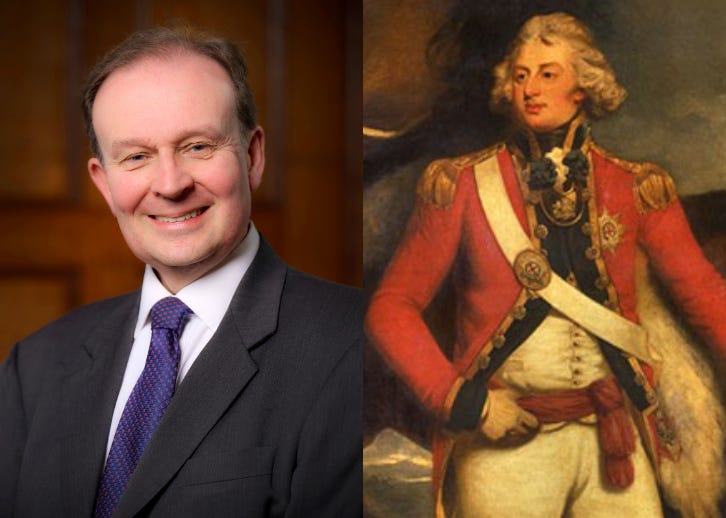Kent misses out in devolution fast-track
Anger as the government rejects bid for devolution in Kent
The usually phlegmatic leader of Kent County Council was uncharacteristically but perhaps understandably angry when he learned the government had decided not to progress as a priority its case for devolution and an elected mayor.
Cllr Roger Gough was more than a little upset by the government’s decision, having worked up an economic blueprint for the country’s largest county that was pretty much in alignment with the government’s own priorities.
And the county council had shrewdly fire-proofed its proposals by harnessing the support of the Labour-led Medway council - overcoming what some had considered as a potential political roadblock.
It turned out that the government considered a clutch of other authorities - Cumbria, Cheshire, Essex, Hampshire, East Anglia and Sussex - had a better case to be fast-tracked. In these areas, new metro mayors and combined authorities are due to take on devolved powers in May 2026.
Two-tier local government will be replaced by a single tier of unitary authorities - about as comprehensive a shake-up as you could imagine.
Perhaps, the government was anxious that while reorganizing Kent's two-tier system into all-in-one unitary councils was possible, there was no consensus on the structure of these new merged districts?
That in turn could lead to a rather attritional dispute - with councils being pressed into joining forces with other authorities but digging their heels in if they didn’t like the look of potential suitors.
Whatever the reasoning, Cllr Gough was not happy. In a media statement, he said he was non-plussed. He was also astonished. And devastated. And bitterly disappointed.
He has some grounds for criticising the government; part of the reasoning seems to have been based on the differing sizes of the population in Medway and Kent - something that councils have managed to work around perhaps longer than the government has understood.
Either way, the KCC leader could be forgiven for thinking that he has emerged from the episode with little to crow about - rather like the Grand Old Duke of York who marched his troops up to the hill and down again, with very little to show.


